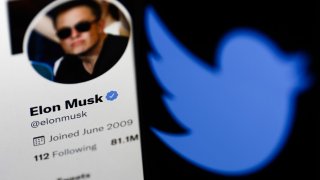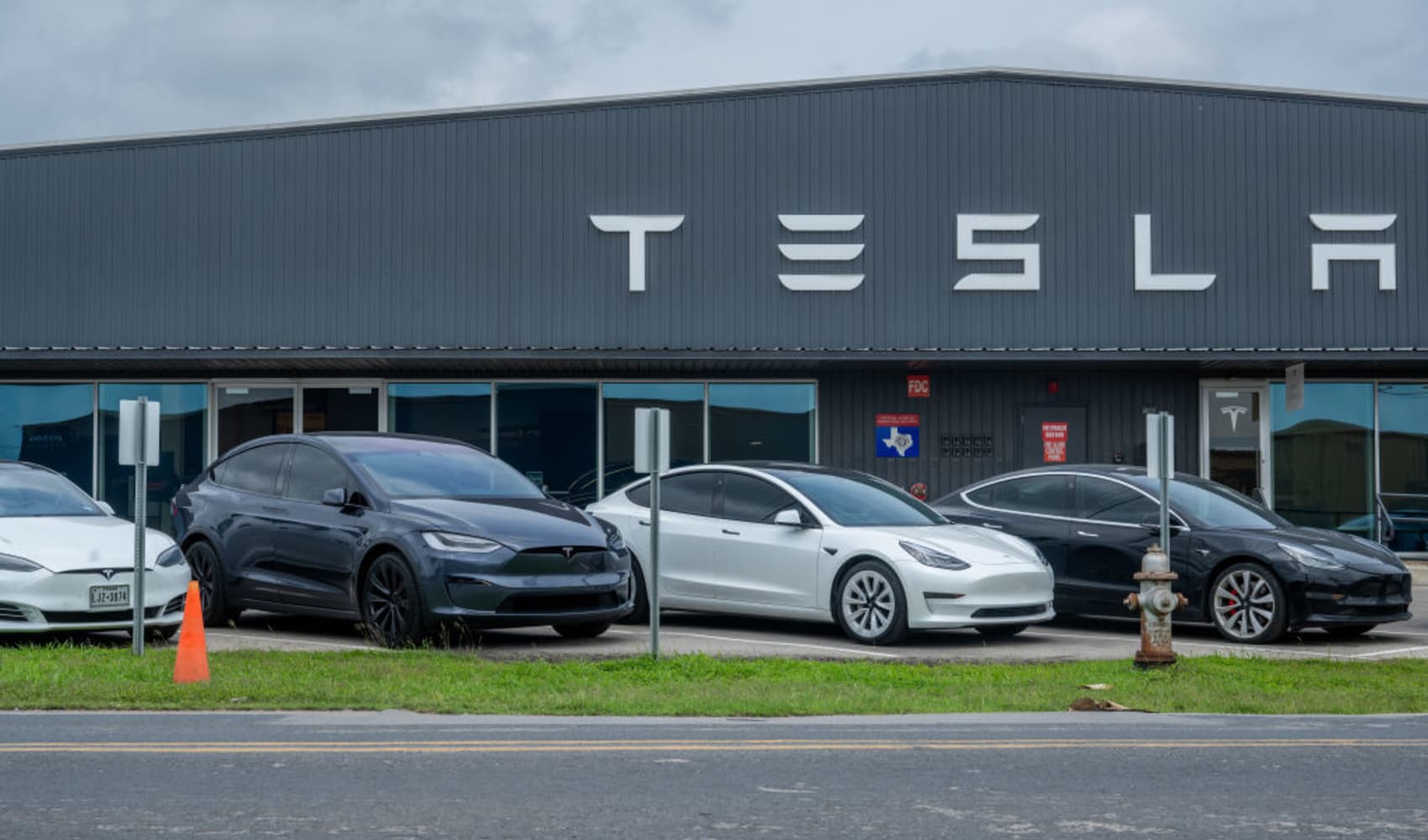
- Twitter's decision to accept billionaire Elon Musk's bid to buy the company and take it private prompted polarized reactions in Washington, D.C.
- On the right, many lawmakers praised what they saw as a victory for free speech online.
- But on the left, some lawmakers said the deal showed the need for higher taxes on the rich.
Depending who you ask in Washington, D.C., Monday's news that Twitter's board has accepted Elon Musk's $44 billion offer to buy the company and take it private either marks the return of free speech online or proof that billionaires like Musk must pay higher taxes.
"Free speech is making a comeback," tweeted Rep. Jim Jordan, R-Ohio, ranking member on the House Judiciary Committee that last week asked Twitter's board to preserve documents related to Musk's offer, signaling a potential probe should Republicans take back control of the chamber.
"#TaxtheRich," tweeted Rep. Mark Pocan, D-Wisc.
Get San Diego local news, weather forecasts, sports and lifestyle stories to your inbox. Sign up for NBC San Diego newsletters.
Those were the two prominent themes from lawmakers on the right and left, respectively, surrounding news of the deal. The reactions highlight how differently both sides see the core issues in the tech industry, underscoring why Congress has yet to pass legislation that could seriously impact the sector, on topics including digital privacy, antitrust and content moderation.
On the right, optimism about "free speech" on Twitter stems from Musk's own critiques of the platform's content moderation practices. Musk called Twitter "the digital town square" in a statement accompanying the press release of the news.
At an earlier public appearance after he disclosed his offer to buy the company, Musk said he generally prefers "time-outs" to permanent bans, which suggests there could be a path for former President Donald Trump to return to the platform if he so chooses. Twitter banned Trump from the platform following his tweets around the Jan. 6 insurrection at the U.S. Capitol last year. At the time, Twitter said it made the decision "due to the risk of further incitement of violence."
Money Report
"Big Tech cannot continue to silence people — they are not and should not be the arbiters of truth," tweeted Rep. Cathy McMorris Rodgers, R-Wash., ranking member on the House Energy and Commerce Committee, which has worked on privacy and content moderation bills. "It is time to replace Big Tech censorship with the battle of ideas and I am hopeful for a new free speech direction at @Twitter."
"Today is an encouraging day for freedom of speech," tweeted Sen. Marsha Blackburn, R-Tenn., who has introduced legislation to restrict online platform's liability shield around content moderation. "I am hopeful that Elon Musk will help rein in Big Tech's history of censoring users that have a different viewpoint."
Meanwhile, many Democratic lawmakers who tweeted about Musk's purchase focused more on his buying power than the potential impact on Twitter's product.
Senator Elizabeth Warren, D-Mass., tweeted, "This deal is dangerous for our democracy. Billionaires like Elon Musk play by a different set of rules than everyone else, accumulating power for their own gain. We need a wealth tax and strong rules to hold Big Tech accountable."
Rep. Bonnie Watson Coleman, D-N.J., tweeted that the $44 billion value of the deal is "less than 17% of his estimated $264.6B net worth. Billionaires like Musk pay lower tax rates than firefighters, teachers, and nurses. If that sounds absurd, it's because it is. We need a Billionaire Minimum Income Tax."
"If they can afford to buy Twitter, they can afford to pay their fair share in taxes," Rep. Katherine Clark, D-Mass., tweeted before the news became official.
"It's absurd that one person can afford to buy Twitter for more than $40 billion while working families across this country have to choose every day between buying groceries or their prescription drugs," Rep. Pramila Jayapal, D-Wash., wrote prior to the official announcement.
"Just a reminder that from 2014-2018, Elon Musk paid an effective tax rate of 3.27%," she wrote after the news of the finalized deal. "The average working family pays an average tax rate of 13%. It's time for a wealth tax in this country."
Meanwhile at the White House, press secretary Jen Psaki declined to comment on the specific transaction but said, "as a general matter, no matter who owns or runs Twitter, the president has long been concerned about the power of large social media platforms, the power they have over our everyday lives."
She added that President Joe Biden has long supported reforms to hold tech platforms accountable for harm stemming from their services, including by reforming tech's legal liability shield Section 230, enacting antitrust reforms and requiring transparency.
WATCH: Elon Musk decides not to join Twitter's board of directors






